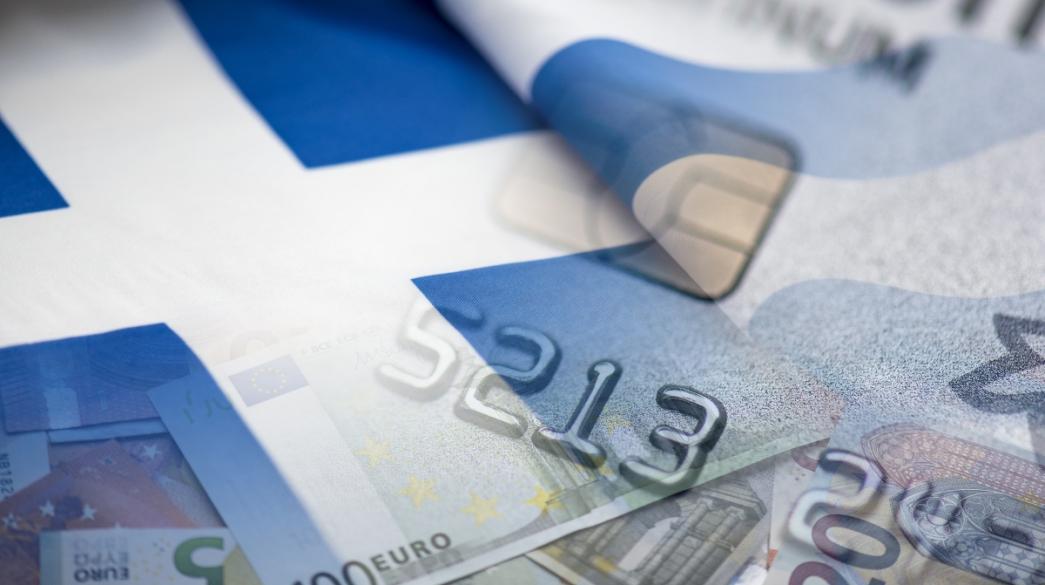On April 22, 2022, S&P Global Ratings raised its long-term sovereign credit rating on Greece to 'BB+' from 'BB' and affirmed its short-term rating at 'B'. The outlook is stable.
According to S&P the upgrade reflects its expectation of a continuous improvement in Greece's policy effectiveness, while the fallout from the war in Ukraine appears manageable in light of considerable buffers in both the private and public sectors.
Higher energy prices and an acceleration of inflation will contribute to a deceleration of GDP growth this year to 3.4% versus 8.3% in 2021, with GDP projected to average more than 3% during 2023-2025, thanks to large expected Next Generation EU (NGEU) and other transfers, and a strong anticipated further recovery in tourism earnings.
Since 2020, Greece's governance effectiveness and economic resilience efforts have received a boost via the monetary and fiscal policy responses at the eurozone and EU levels, respectively. The European Central Bank's (ECB's) supportive monetary policy facilitated market access for government borrowing at relatively low costs due to the inclusion of Greek government bonds in the ECB's Pandemic Emergency Purchase Program (PEPP) and as collateral in the ECB's repurchase operations.
More recently, ahead of the termination of PEPP in March 2022, the ECB clarified that it could continue purchasing Greek government bonds over and above rollovers of redemptions if it observed a deterioration in the monetary policy transmission in Greece while the economy is still recovering from pandemic fallout. At the same time, we note a significant improvement in systemic banks' asset quality as the share of nonperforming exposures (NPEs) in total banking sector loans dropped sharply to 12.8% in 2021, from 31% in 2020, and we now expect it to be below 8% by the end of 2022. We believe that all these developments have strengthened the effectiveness of monetary policy transmission in Greece.
Greece's creditworthiness continues to benefit from the government's significant fiscal buffers, thanks to the preservation of substantial liquidity reserves on the government's balance sheet; and a favorable government debt structure. We estimate that current cash reserves in the single treasury account are equivalent to coverage of almost three times the next two years of net government borrowing. This, alongside low commercial refinancing requirements, will help to immunize public finances against a rise in global interest rates, although rising real rates could exert downward pressure on public finances by weighing on GDP growth.
In terms of maturity and average interest costs, Greece has one of the most advantageous debt profiles of all the sovereigns we rate. We expect the commercial portion of Greece's central government debt will represent about 25% of total debt, or slightly more than 50% of GDP at end-2022. We project that Greece's general government gross and net debt-to-GDP ratios will continue on a downward trend during 2022-2025, aided by a recovery in nominal GDP growth and budgetary consolidation.








